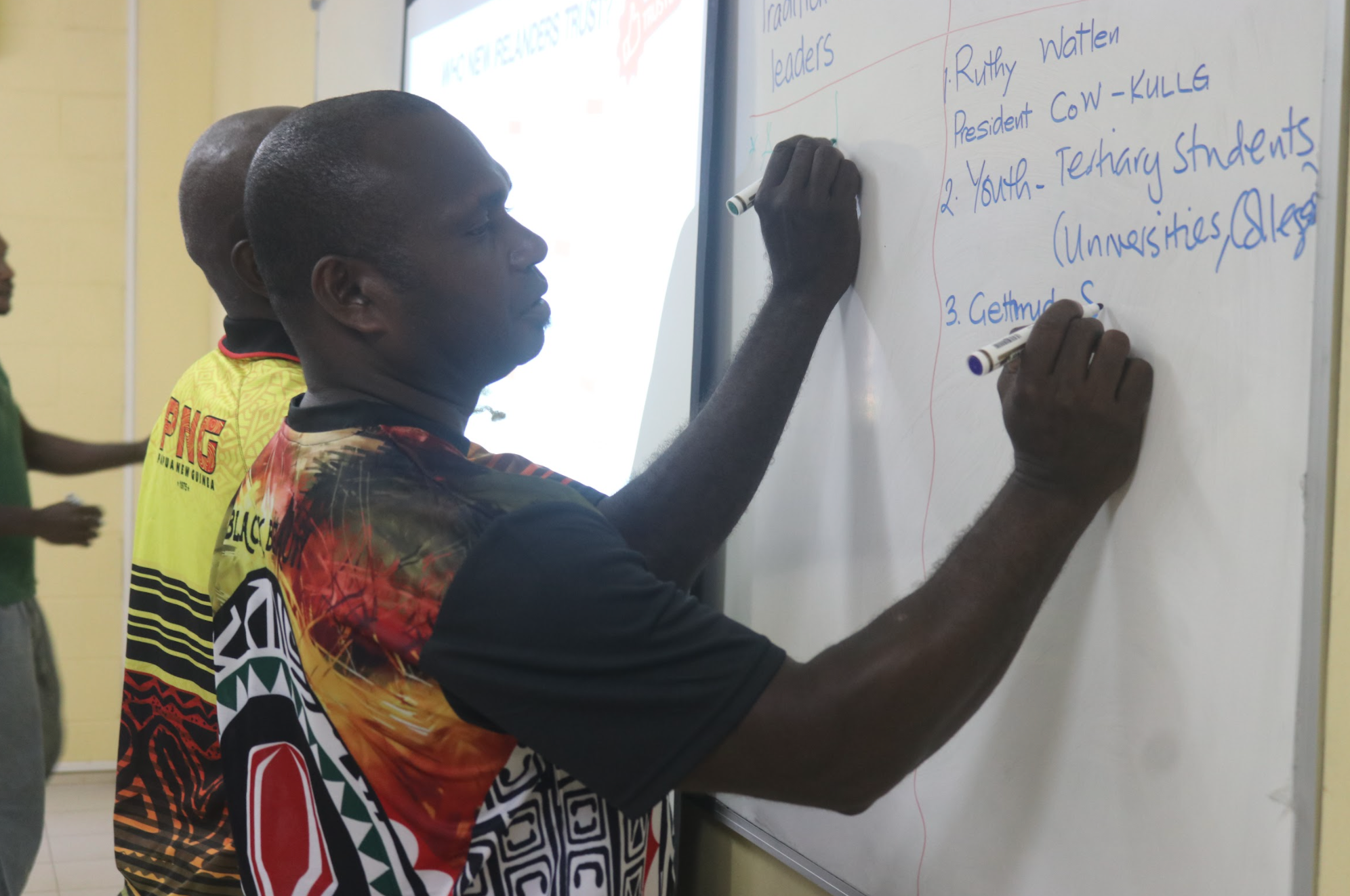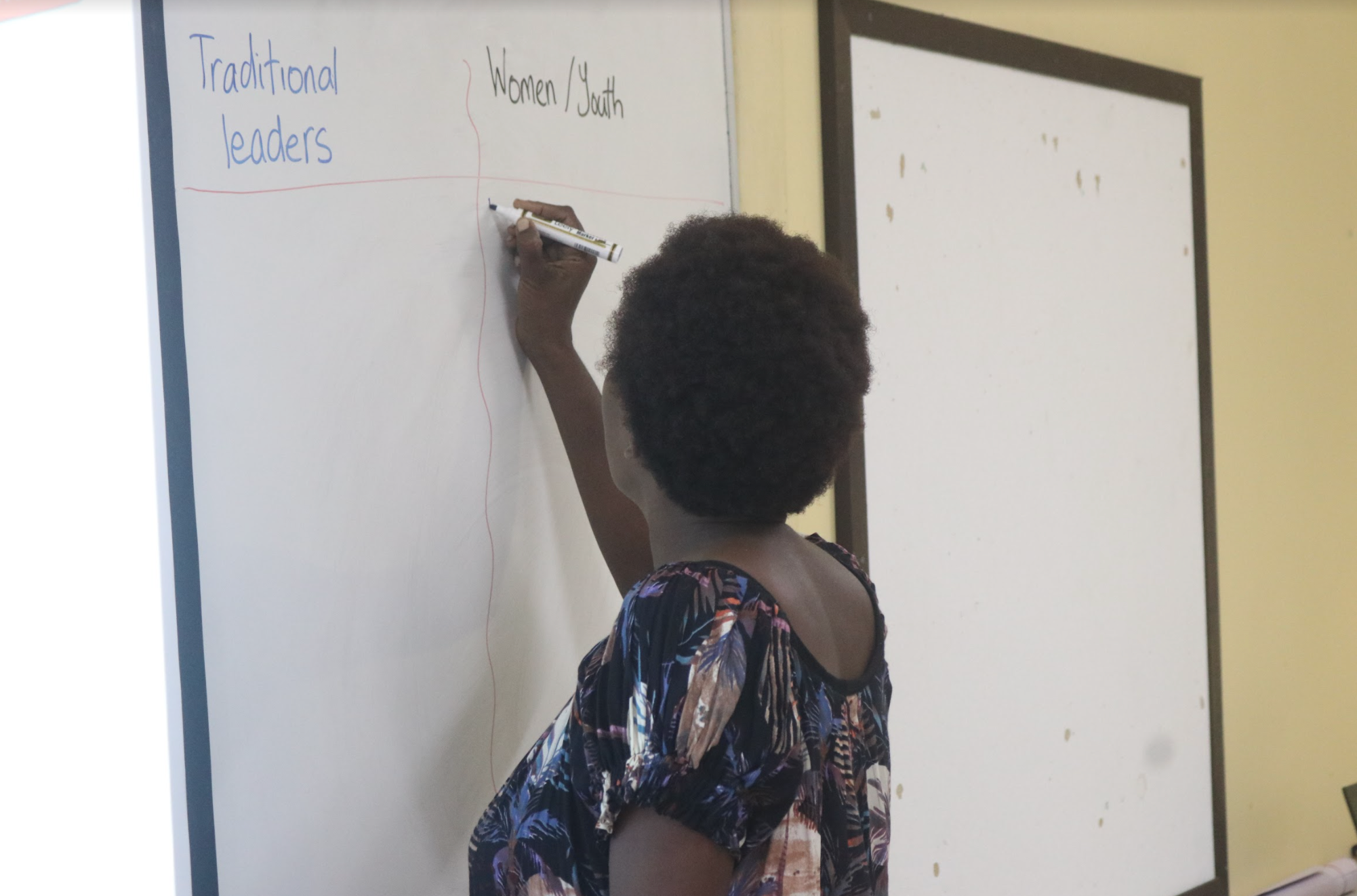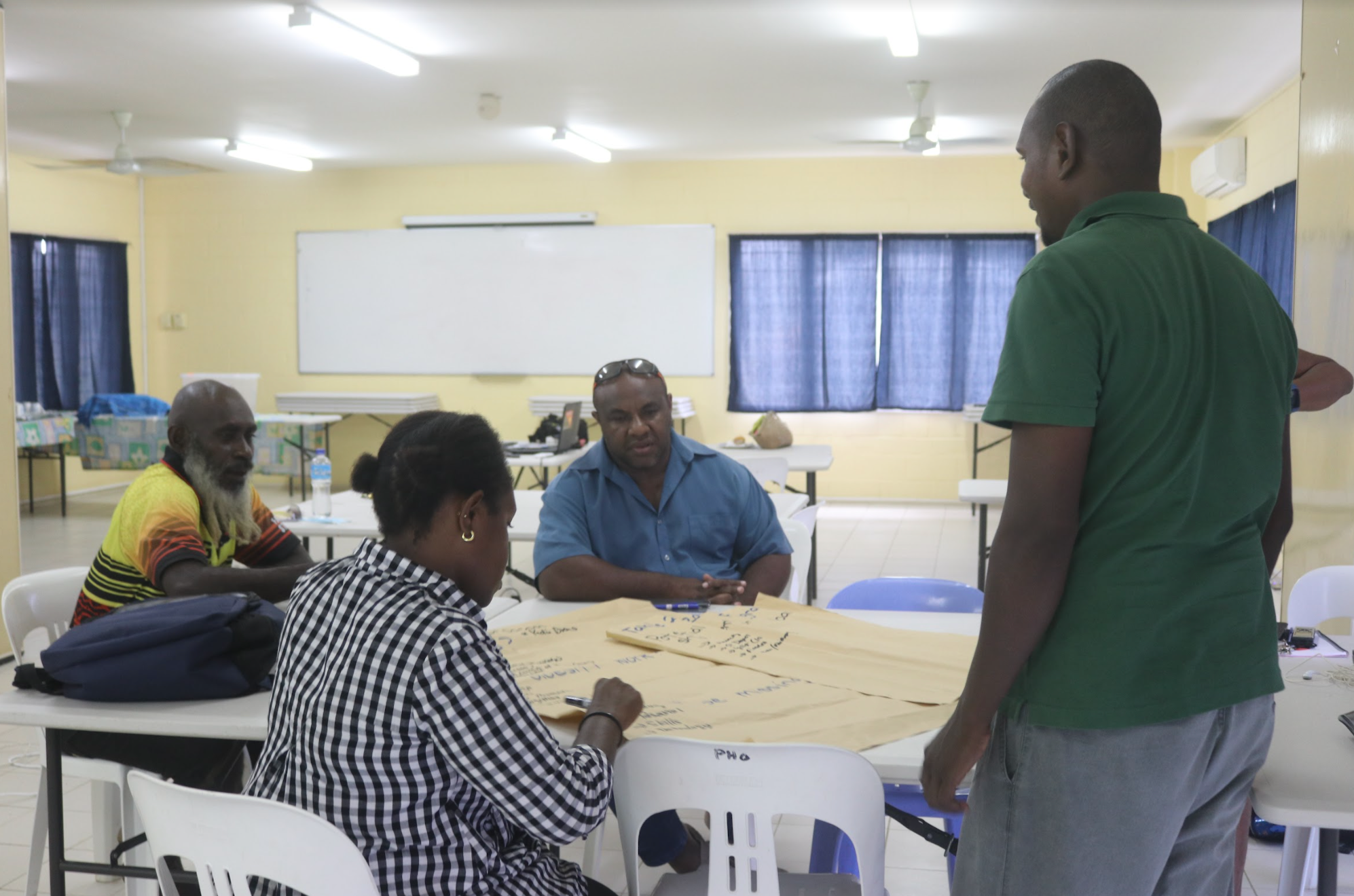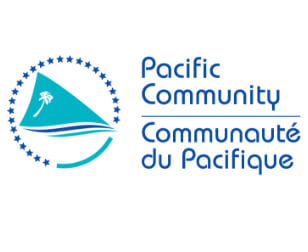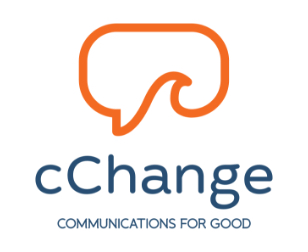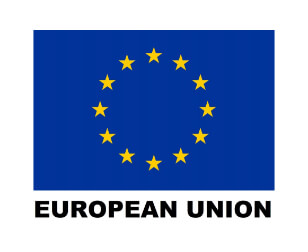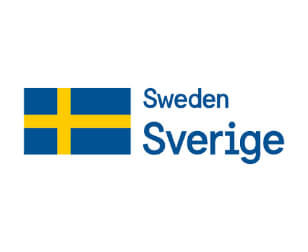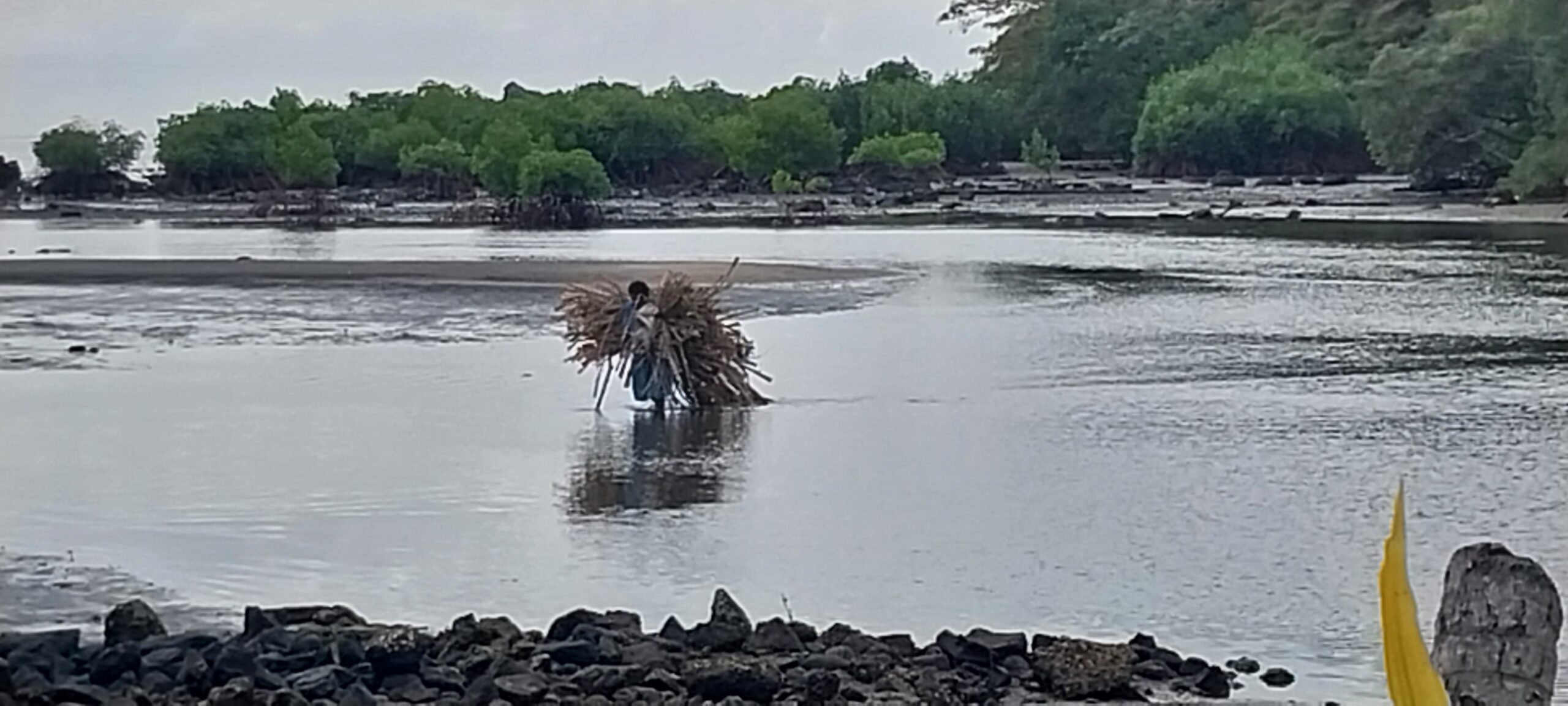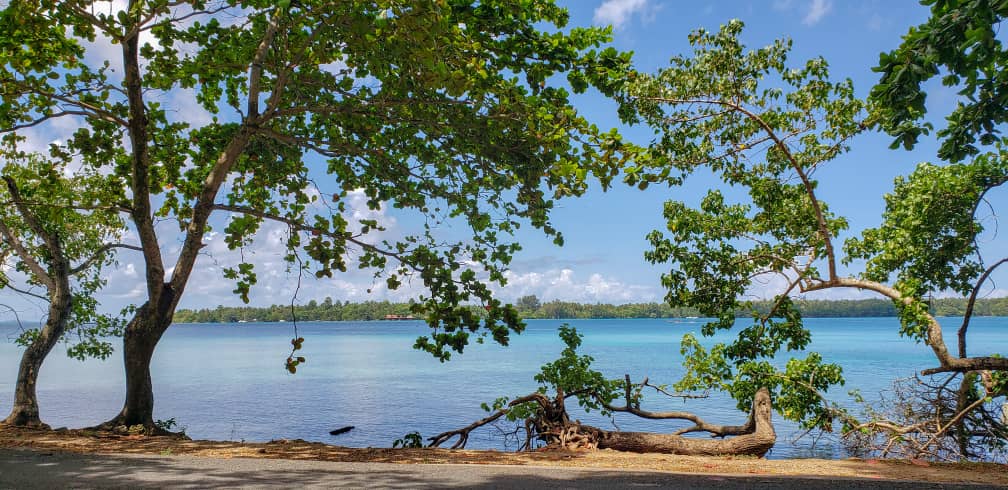A coalition of NGOs, CBOs, faith-based organisations and the PNG National Fisheries College, and the New Ireland Provincial Government are joining forces to create an innovative campaign to reach all New Ireland communities with information to better meet food and income needs from the sea.
cChange, with the assistance of the Wildlife Conservation Society, held a one-day stakeholder workshop on the 23rd of November last year in Kavieng at the National Fisheries College to seek input from local and provincial-based networks to explore different ways to reach communities with practical, culturally-appropriate information on how to better manage their marine resources.
Director of Primary Industries, Economic Sector, New Ireland Provincial Government, Mr Gideon Bogosia said working in partnership is vital and extends the arm of government to reach as many communities as possible.
‘’I am grateful for this opportunity and this stakeholder workshop is one way of knowing who to work with out there. While the challenges are immense due to various factors, working together is important and using media as a platform to drive the development agenda will be the way forward. The different tools developed for different audiences will connect everyone so we don’t miss any groups in the development process.’’
The campaign is targeted for New Ireland, because it’s a maritime province and where communities depend on the sea for their needs, but is facing increased hardship as populations increase and resources become more depleted.
Ensuring communities have access to information on how to better manage their marine resources is a critical first step to creating change, one that is outlined in the recently endorsed roadmap for coastal fisheries in New Ireland.
Campaign Coordinator from cChange Kevin Dayonga said feedback at this workshop will help inform how we can reach all communities in New Ireland with information.
“It is important we partner and work in collaboration with different NGOs, CBOs, the churches and the National Fisheries College and the Government, as they are ones on the ground and understand the challenges of reaching communities with information. What we trying to do is develop a provincial-wide campaign to create urgency and empower communities to get involved in community-based fisheries management.”
Key campaign activities will include a radio talkback show and radio drama series, the distribution of locally-informed information to support communities to make better management decisions, and build the capacity of local partners to help spread key messages. This should help them make informed choices,’’
Representatives from the New Ireland Provincial Government, Live and Learn, Caritas PNG – New Ireland, Lolieng Sustainable Program, the National Fisheries College and the National Broadcasting Corporation, and the Tunubuah Clan, all coming from across both Kavieng and Namatanai districts, attended the workshop.
The workshop was coordinated by cChange in partnership with the Locally-Managed Marine Area Network and the Pacific Community (SPC), through the Pacific-European Union Marine Partnership (PEUMP) Programme with financial support from the European Union and the Government of Sweden.
Slideshow from the stakeholder workshop (photos by cChange)
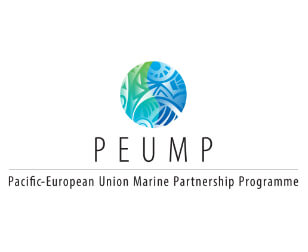
The PEUMP programme is a EUR 45M Pacific regional initiative funded by the European Union (EU) and the Government of Sweden, working in partnership with the Pacific Community (SPC), Secretariat of the Pacific Environment Programme (SPREP), Forum Fisheries Agency (FFA) and the University of the South Pacific (USP) to implement activities across six key result areas in 15 Pacific countries.


